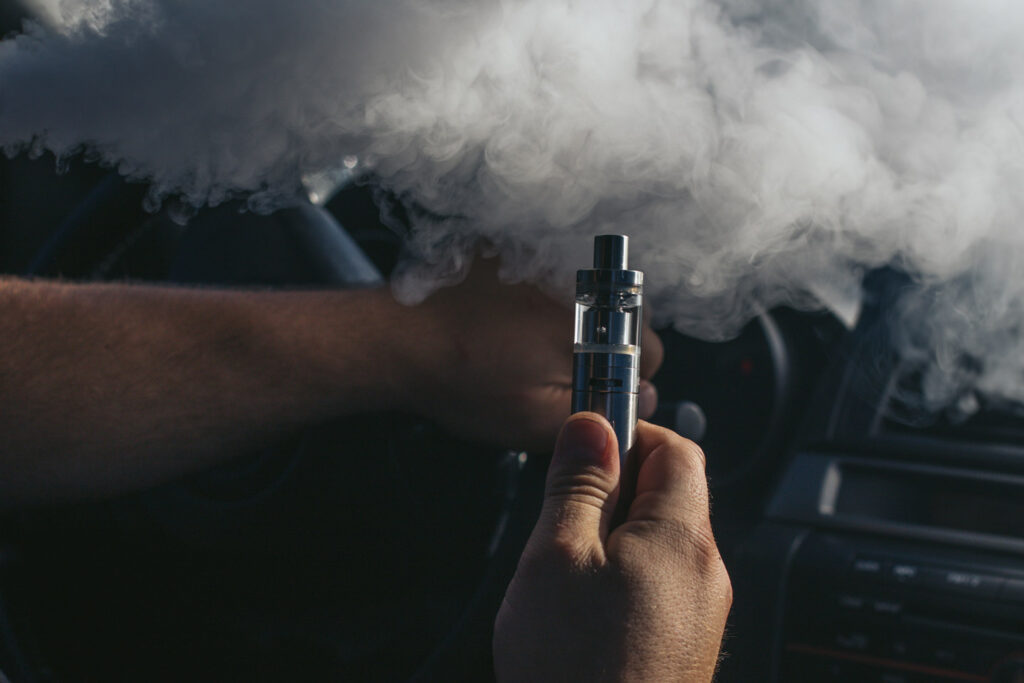
Can Vaping Cause Oral Cancer?
In recent years, the popularity of vaping has surged, especially among individuals seeking a purportedly safer alternative to traditional smoking. However, with this rise in popularity comes an influx of concerns and questions, with one of the most prominent being: Can vaping cause oral cancer?
Exploring the Myths Surrounding Vaping and Oral Cancer
Myth 1: Vaping is Completely Safe
One of the most prevalent myths surrounding vaping is that it is entirely safe. This misconception has been fueled by aggressive marketing tactics and the perception that since e-cigarettes don’t produce tobacco smoke, they must be harmless. However, the reality is far more complex. Vaping liquids contain a cocktail of substances, including potentially harmful chemicals such as formaldehyde and acetaldehyde, which can have adverse effects on oral health.
Myth 2: Vaping Doesn’t Pose Oral Cancer Risks
While some argue that vaping is a healthier alternative to smoking, it’s crucial to acknowledge that vaping is not devoid of risks. Emerging research has begun to shed light on the potential link between vaping and oral health issues, including a heightened risk of oral cancer. Several studies have highlighted the carcinogenic properties of certain chemicals found in vaping liquids, which could contribute to the development of cancerous cells in the oral cavity.
Unveiling the Real Risks: Understanding the Research
Scientific Studies and Findings
A growing body of scientific research has started to investigate the relationship between vaping and oral cancer. A study published in the “Journal of the American Dental Association” found that e-cigarette vapor exposure led to DNA damage in oral cells, a crucial precursor to cancer development. Furthermore, research conducted by the University of California revealed that vaping liquid flavorings can impair cell function in a manner that might contribute to the growth of cancer cells.
The Role of Nicotine
Nicotine, a common component of vaping liquids, plays a significant role in the potential oral health risks associated with vaping. Research published in the “Journal of Cellular Physiology” suggested that nicotine exposure could promote the proliferation of oral cancer cells and hinder the body’s natural defense mechanisms against cancer development.
Mitigating the Risks: Making Informed Choices
While the research surrounding vaping and oral cancer is still evolving, it’s essential to make informed decisions regarding your health. Here are some steps you can take to mitigate potential risks:
- Choose Reputable Products: Opt for vaping products from reputable manufacturers that disclose their ingredient list and adhere to safety standards.
- Monitor Your Health: Regular dental check-ups are crucial for detecting any oral health issues early on. If you’re a vaper, make sure to inform your dentist about your habits.
- Limit Exposure: If you’re considering vaping as a smoking alternative, it’s advisable to explore other options for smoking cessation that have been more extensively studied and proven effective.
In Conclusion: The Complex Connection Between Vaping and Oral Cancer
In the ongoing debate surrounding the safety of vaping, it’s clear that the relationship between vaping and oral cancer is nuanced and multifaceted. While some myths persist regarding the harmlessness of vaping, emerging scientific research points to potential risks, particularly concerning oral health and cancer development. As the landscape of vaping-related research continues to evolve, staying informed and making thoughtful choices remains crucial to safeguarding our well-being.

